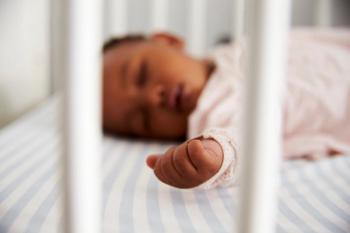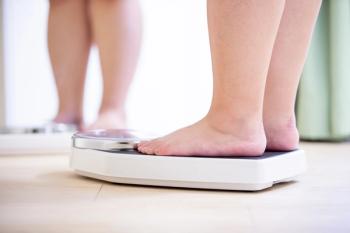
- Vol 35 No 05
- Volume 35
- Issue 05
Social media and sleep duration-there is a connection!
Youngsters who use social media for an hour a day or longer are likely to sleep for fewer hours than their peers who don’t use social media-and as media use increases, so does this likelihood.
Youngsters who use social media for an hour a day or longer are likely to sleep for fewer hours than their peers who don’t use social media-and as media use increases, so does this likelihood.
This was the finding of a Canadian survey of about 5400 middle and high school students aged 11 to 20 years. Asked how many hours of sleep they got on an average school night, students could choose responses ranging from 4 to 10 or more hours. Investigators also asked students how many hours a day they usually spent posting or browsing on social media websites, such as Facebook, Twitter, Instagram, and My Space. Response options ranged from less than 1 hour a day to 7 or more hours a day, use on a nondaily basis, or no use at all.
Overall, 36.4% of students met or exceeded the recommended sleep duration-9 to 11 hours per night at age 11 to 13 years, 8 to 10 hours at age 14 to 17 years, and 7 to 9 hours for those aged 18 years-while 63.6% slept fewer hours than recommended. Older students were less likely to be short sleepers than those who were younger and males were more likely than females to report short sleep duration. Sleep duration also was significantly associated with many covariates, including racial background, subjective socioeconomic status, substance use, physical activity, and self-rated mental health. About 73% of students reported using social media for at least 1 hour a day, with 16% reporting use of at least 6 hours a day. Females were more likely to use social media and to use it for longer than males.
Overall, using social media for at least 1 hour a day was associated with greater odds of short sleep duration in a dose response manner, even after adjusting for covariates. Odds ratios for inadequate sleep ranged from 1.82 for social media use of 1 hour a day to 2.98 for use of 5 hours or more a day (Sampasa-Kanyinga H, et al. Acta Paediatr. 2018;107[4]:694-700).
Thoughts from Dr. Burke
No surprise, right? It seems to make sense that time spent on social media needs to come from somewhere and, for busy adolescents, time spent sleeping may be the easiest thing to give up. The authors point out that their study does not establish the direction of causality. It could be that some teenagers use more social media because they have trouble sleeping. On the other hand, social media use may cause sleep loss either by time displacement or perhaps by another mechanism such as blue light exposure from screens suppressing melatonin. Either way, for the 16.1% of surveyed teenagers who report 5 or more hours per day of social media use, a group that is 3 times more likely to lack adequate sleep than off-line peers, I feel pretty certain that this is not a good thing.
Articles in this issue
over 7 years ago
Hugging is healing for NICU babiesover 7 years ago
Prediabetes: How to identify children at riskover 7 years ago
Plain talk about office practicesover 7 years ago
Boy’s white patches signal pigmentary disorderover 7 years ago
10 commandments of obesity prevention for childrenover 7 years ago
“Doctor, please don’t call me Mommy!”over 7 years ago
Stock photos miss the boat on safe sleep environmentsNewsletter
Access practical, evidence-based guidance to support better care for our youngest patients. Join our email list for the latest clinical updates.








